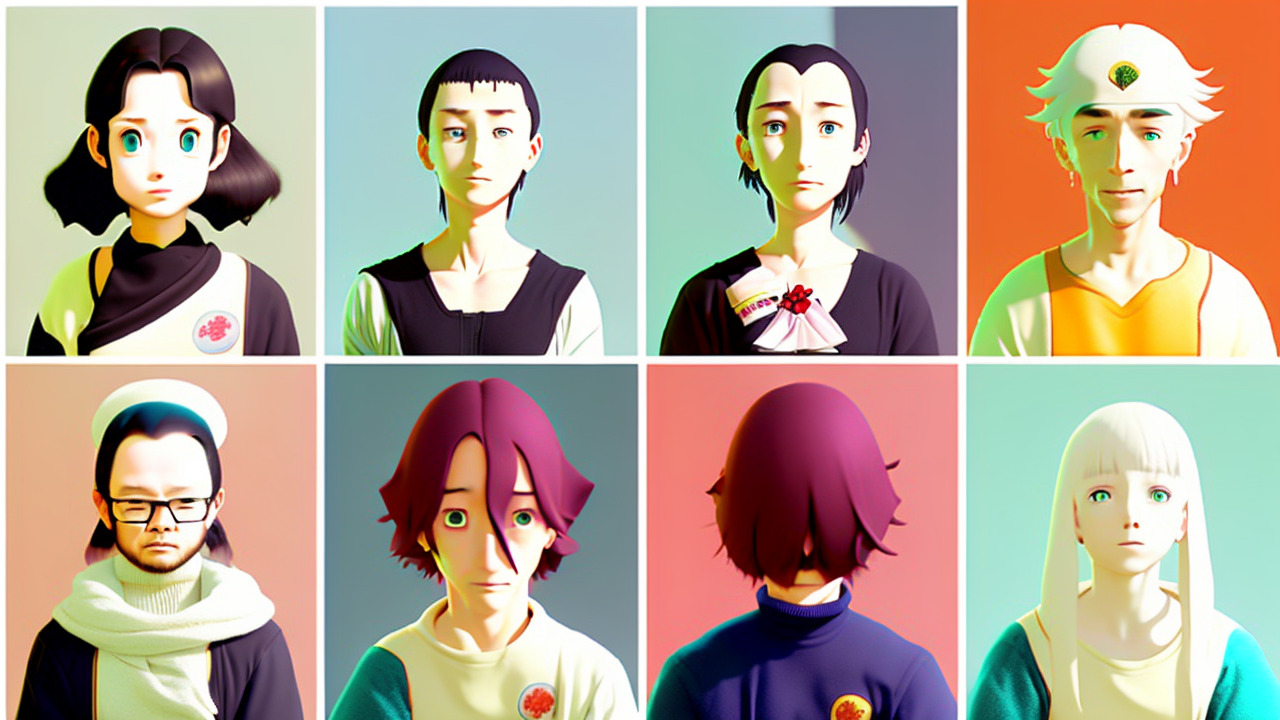The term “avatar” may sound familiar, but its meaning has evolved significantly over the years, ranging from ancient religious contexts to our modern digital age. In its most ancient roots, “avatar” finds its origin in the Sanskrit word avatāra, meaning “descent.” Its original significance lies within Hinduism, where it is associated with the manifestation of deities in bodily form on Earth. This article delves into the multifaceted meaning of avatars, exploring how it has transitioned from its religious origins to its contemporary digital representation in Western culture.
The Hindu Concept of Avatars
In the context of Hinduism, an avatar signifies the manifestation of a Hindu deity descending from the heavens to take physical form on Earth. These avatars can appear as humans, animals, plants, or humanoids, and their primary purpose is to guide and teach humanity. Hindu deities are believed to descend multiple times throughout history, each appearance serving a specific divine purpose. The term “avatar” itself originates from the Sanskrit word avatara, which translates to “to descend” or “to pass down.” These divine manifestations have played a crucial role in shaping Hindu beliefs and practices.
What Does “Avatar” Mean in Western Culture?
In the Western world, “avatar” has adopted a different interpretation, especially in the realm of technology and digital communication. It has come to represent various aspects of our modern lives:
- Online Identity: In today’s Western culture, “avatar” is most commonly associated with online personas or representations of individuals in virtual environments. Whether in video games, social media, or online forums, an avatar serves as a graphical or textual representation of a user. It can take the form of a realistic photo, an abstract image, or even a fictional character. Avatars are how individuals present themselves in the digital realm, facilitating interactions with others in the vast online communities.
- Popular Media: In Western popular culture, the term “avatar” also finds a place in movies, video games, and other forms of media. The 2009 film “Avatar” by James Cameron is a prime example, where it is used in a science fiction context. The movie is set on the fictional moon Pandora and revolves around human characters who operate remotely controlled bodies, known as “avatars,” to interact with the native alien species. This usage exemplifies the idea of avatars as representations or embodiments of characters in a fictional universe.
In all these cases, an avatar represents some form of embodiment, be it a digital representation of an individual, a deity taking human form, or a remotely controlled character in a fantasy world. The specific connotation varies depending on the context in which the term is used.
The Future of Avatars in Western Culture
In recent years, avatars have taken on a new dimension in Western culture, pushing the boundaries of their conventional roles. There are many established companies, like Meta and NVidia, together with various start-ups that are dedicated to taking avatars to the next level. Many are working on expanding the concept of avatars beyond gaming and digital representation. The vision is rooted in a future where avatars can assist in mundane tasks and make online activities more accessible. The idea of avatars becoming an integral part of our everyday lives opens up exciting possibilities for the future.








